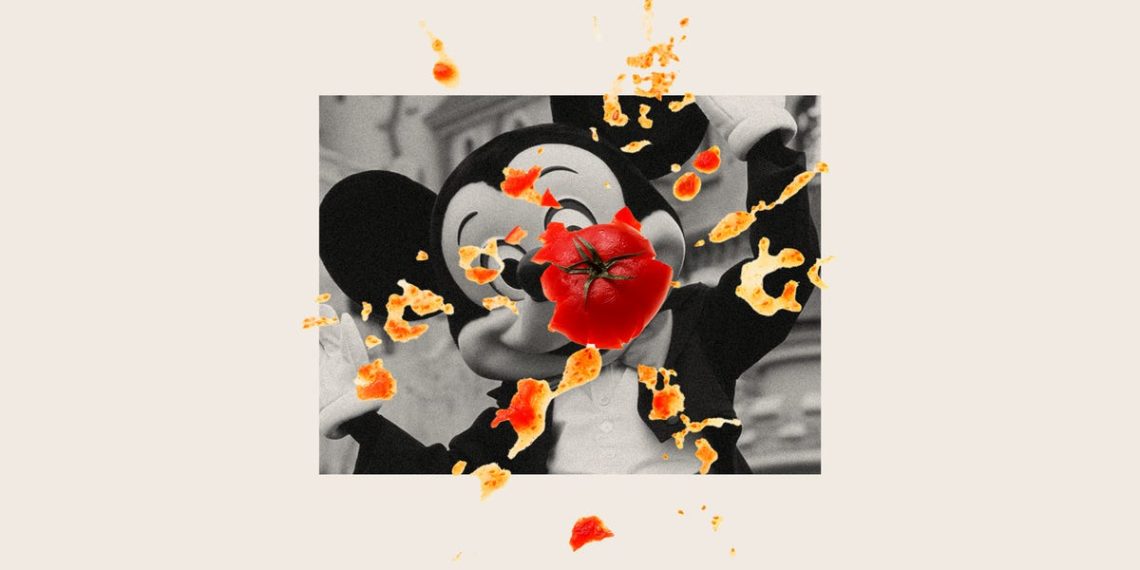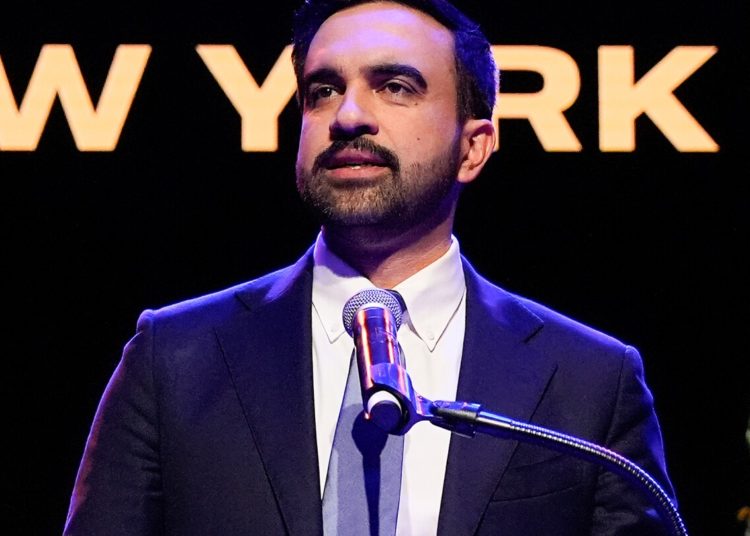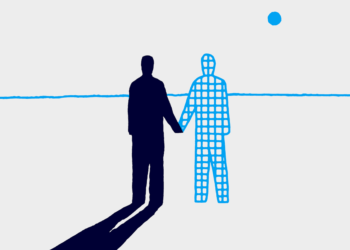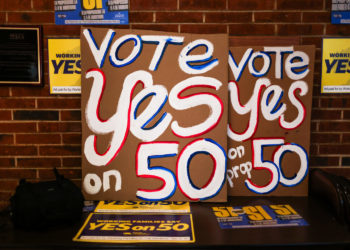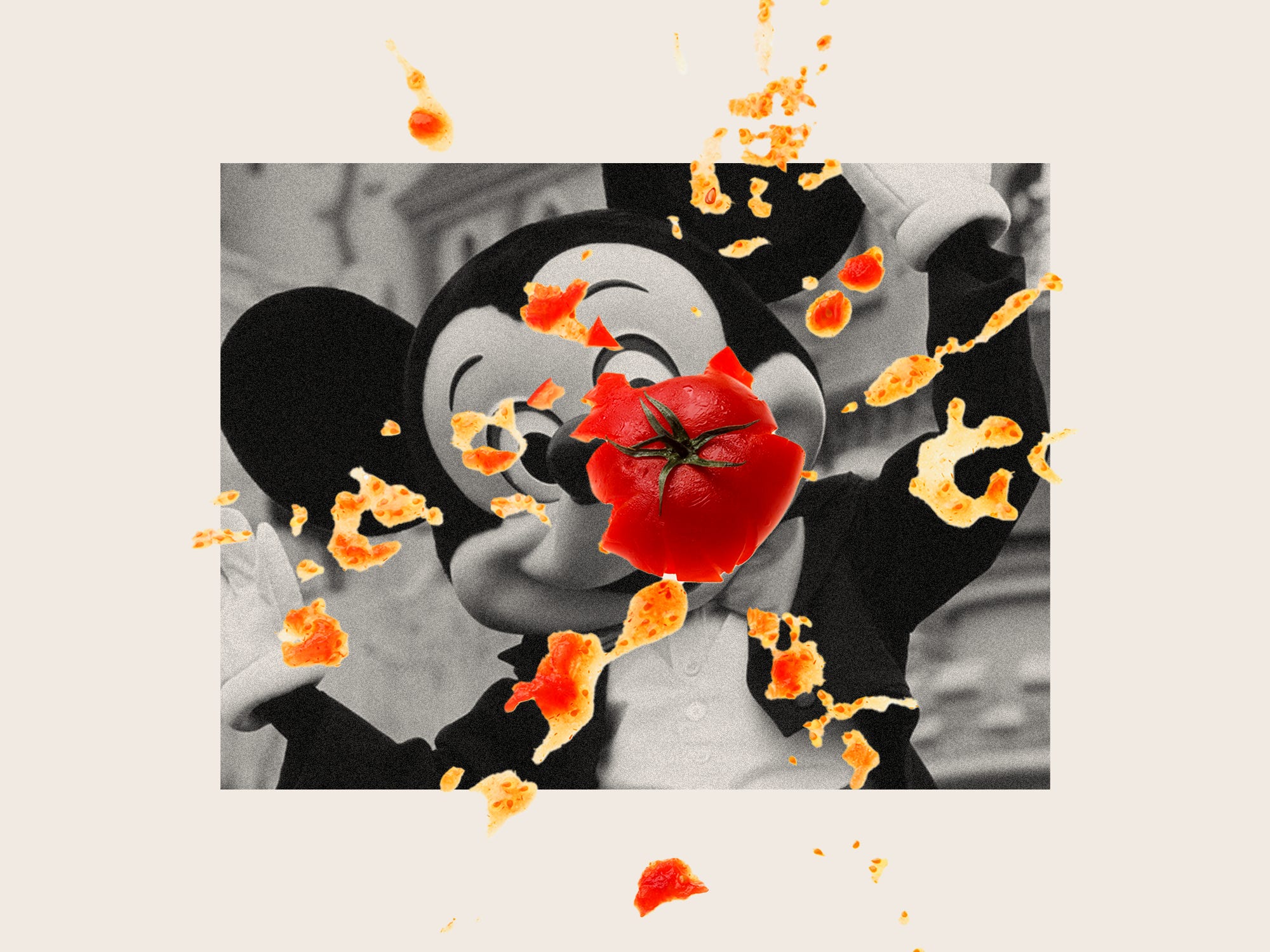
Pascak Della Zuana/Sygma via Getty Images; Rebecca Zisser/BI
- Disney has taken heat this year, most recently drawing the ire of sports fans.
- Culture wars, price hikes, and now a sports blackout have drawn backlash.
- Disney faces the challenge of maintaining its good-guy image and broad appeal.
The pitchforks are out for one of the world’s most beloved companies.
Sports fans are growing frustrated with Disney after its dispute with YouTube TV has left roughly 10 million subscribers without channels like ESPN and ABC since Thursday. That includes a “Monday Night Football” matchup between the Dallas Cowboys and Arizona Cardinals.
It’s one of several high-profile dustups involving Disney in recent months. The Mouse House walks a fine line in a sharp-elbowed TV market and a politically polarized US, trying to please shareholders with its streaming business’ progress while avoiding cultural land mines.
Fans online called this latest move “tone deaf” and “greedy as fudge,” but beyond social media chatter, these missteps can threaten Disney’s bottom line. A high-profile boycott around Jimmy Kimmel’s temporary suspension coincided with millions of streaming cancellations. News that the company was raising prices again didn’t help.
After Disney-owned ESPN went dark on YouTube TV, some sports fans started to push back.
Inside Business is today’s must-read story on what the forces shaping business, tech, and innovation mean for you. Each piece delivers insights to help you make smarter career, money, and life decisions.
Top ESPN personalities pointed followers to a Disney site with details about the YouTube TV blackout, trying to stir up outrage against the Google-owned TV service. Instead, the messages fell on deaf ears — and arguably backfired.
“It’s pretty tone-deaf to tell paying customers to ‘go fix’ something that’s entirely between two billion-dollar corporations,” said one of the top replies to an X post from ESPN’s Scott Van Pelt about the YouTube TV blackout. “Viewers have zero responsibility here.”
A Disney spokesperson didn’t respond to a request for comment for this story.
A minefield of price hikes
Disney may be becoming a victim of its own success.
The Mouse House has raised prices in response to robust demand for its services and experiences. Case in point: Disney World prices are going up after a record quarter, though some Disney supporters don’t even mind if higher prices help combat crowds and long lines.
Similarly, Disney’s ESPN is pushing for higher prices because it has an unrivaled portfolio of sports rights that millions of fans want to see, and a popular new app on which to watch them.
Still, some sports fans are heated and took to social media to lament that they already pay too much to watch sports. They seem sympathetic to YouTube TV’s argument that Disney and ESPN are pushing for rate increases that will drive up prices again for the live TV service. YouTube TV hiked prices last December to $83 a month from $73.
!function(){“use strict”;window.addEventListener(“message”,(function(a){if(void 0!==a.data[“datawrapper-height”]){var e=document.querySelectorAll(“iframe”);for(var t in a.data[“datawrapper-height”])for(var r=0;r
Even future NFL Hall of Famer JJ Watt, who made well over $100 million on the field, said on X that he’s “not buying another streaming subscription” on Monday in reference to the blackout.
It’s not all Disney or ESPN’s fault.
Sports rights have soared in value as bidding wars have broken out between media incumbents, such as Disney, NBCUniversal, and Warner Bros. Discovery, and tech giants like Amazon and Google. That’s led to higher streaming prices. Instead of blaming leagues, franchise owners, or TV distributors for these prices, fans often point the finger at networks like ESPN.
“This is ESPN being greedy as fudge and having to pay for that bananas contract you signed with the SEC,” an X user said in a response to ESPN host Mike Greenberg about the blackout, referencing ESPN’s 10-year deal with the Southeastern Conference, which The New York Times reported was worth roughly $3 billion.
Disney and ESPN may try to raise prices because they can, just like any other company would.
But Disney isn’t just any run-of-the-mill company, said Chris Rosica, who runs public relations firm Rosica Communications. Disney is a historic, family-friendly brand that’s stood for more than maximizing profits and shareholder value, Rosica said. He’s curious to see if that continues.
“There may be skepticism, or cynicism, from consumers,” Rosica said in an interview, that Disney “is just a company that is out to make profits.”
How Disney’s perception ‘could be an issue’
As Disney raises prices to justify its investments, it risks fueling a narrative that its services and parks are unaffordable and are mainly for superfans and the rich, instead of the middle class.
“The perception that Disney is too expensive — that could be an issue,” media industry analyst Alan Wolk, who cofounded research firm TVREV, told Business Insider.
A Disney Parks spokesperson previously told Business Insider that Disney parks have “options designed to suit a wide range of needs and budgets for all who visit.”
As CEO Bob Iger’s second run as Disney’s CEO winds down, his legacy is certainly top of mind. His biggest challenge might not be bolstering its streaming business or picking a successor, but ensuring that its 102-year-old brand can survive for another century.
Iger has said he wants the company to be less focused on advancing an “agenda,” though some Disney superfans don’t see the company as woke, or even as overtly political. The Mouse House rethought its DEI policy earlier this year, which led to an employee event series called “Global Belonging Week” that steered clear of some DEI terminology.
Wolk said that Disney has “made a bunch of tone-deaf decisions in a tough media environment.” But the analyst also said Disney’s decades of brand equity means the company has “managed to hold the line” with most audiences.
“Disney is still this safe haven from all that stuff,” Wolk said of political issues.
Read the original article on Business Insider
The post Disney’s villain era: The YouTube TV dispute highlights the challenge to maintain a good-guy image appeared first on Business Insider.
